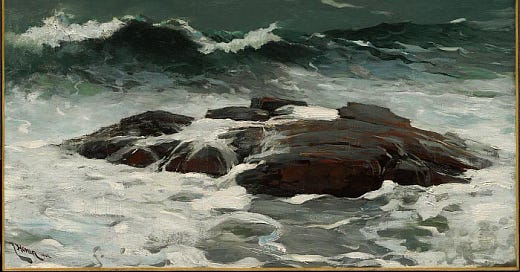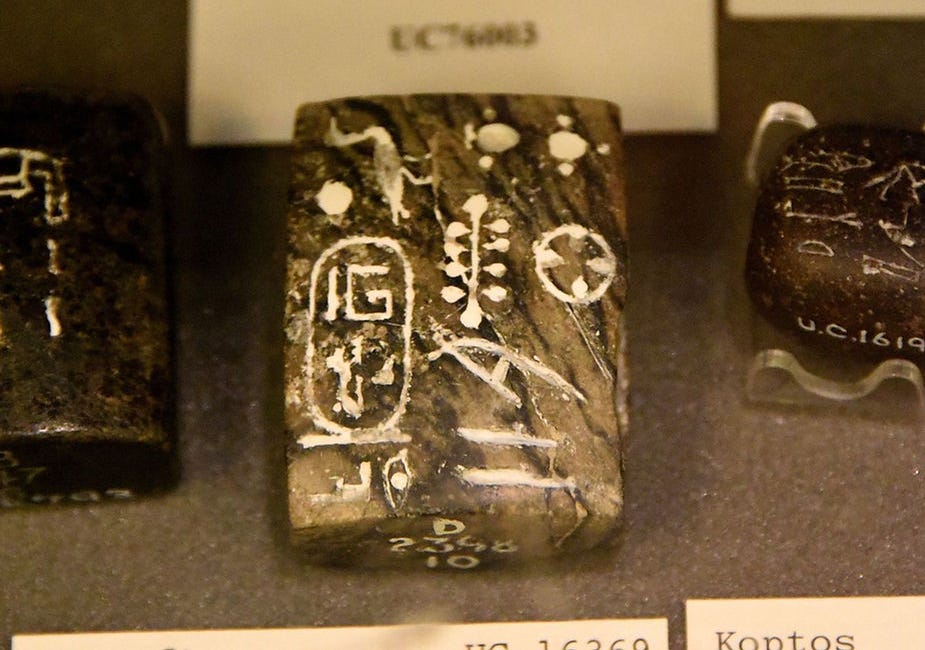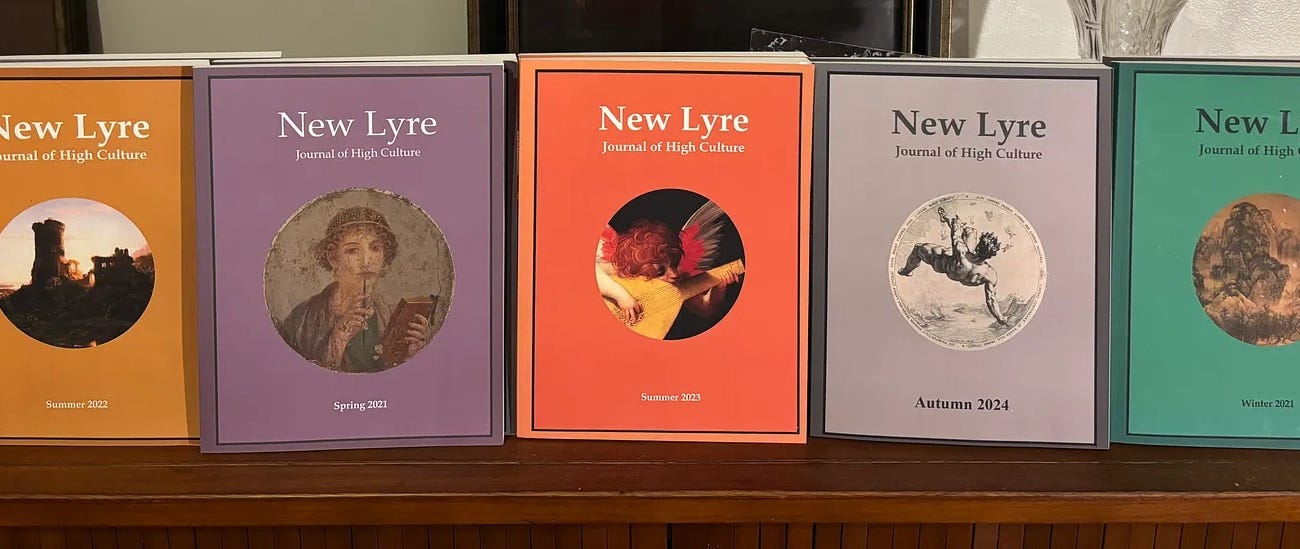A cold, dry Mistral gallops down the Rhone,
reminding of what Dumas wrote: a count,
falsely accused, rotting between the bricks.
A second squall, the Marin, quickly swallows
Portuguese ships aiming to conquer Goa.
A Tramontane blows like the Gothic horde
that sacked Antioch and Crete, while the sultry
Sirocco heaves reddish dust—Saharan blood rain.
Santorini, that Greek sapphire among white lava,
pressed under plumes of sulfur and ash;
a flurried heap, and then silence. All this, while the
winds blast a hymn of harvested souls, empires
buried by the waves, and fated tempests that drag
down into the labyrinth deep, claiming all theirs.
Kevin Blankinship is a professor of Arabic at Brigham Young University. His essays and poetry have appeared in The Atlantic, The Los Angeles Review of Books, The Times Literary Supplement, Gingerbread House, Blue Unicorn, Wine Cellar Press, and more. Follow him on Twitter @AmericanMaghreb.
Reflections on Ideal Science and Art: Schiller’s “Archimedes and the Student”
We’ll be publishing regular new translations and analysis of Friedrich Schiller’s work for our subscribers. We begin this new year with reflections on the ideal of science and art, as explored in Schiller’s “Archimedes and the Student.”
Read New Lyre Magazine
Paid subscribers can now instantly access and download the entire six issue PDF archive at the bottom of this post.








I think this is a highly sophisticated piece of writing. It surprised me a bit. It does not sound like anything I'd expect from the heart of Mormon territory especially. It has a bitterly grievous tone. Wholly understandable in the circumstances--but can you express yourself as freely at BYU for example?
On rereading I wondered about "among," i.e. "a sapphire ... among lava." A bit like saying "a sapphire...among concrete." It seems like a number conflict.